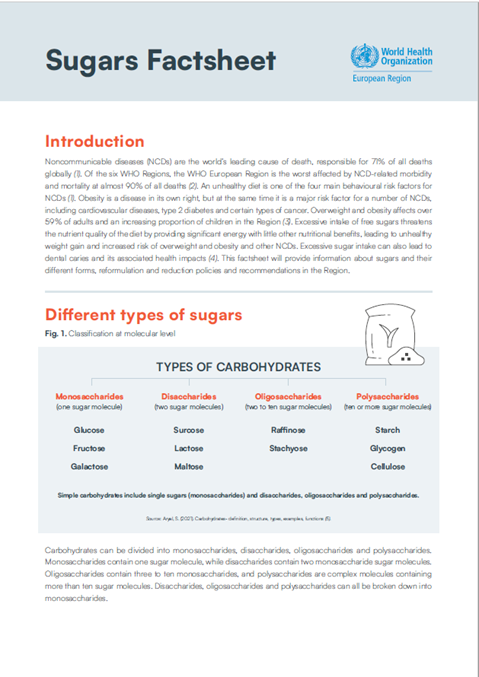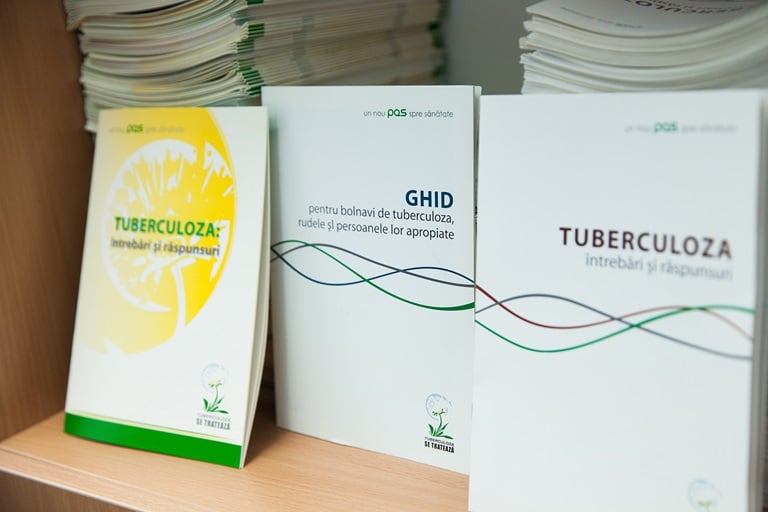Sugars factsheet

Publications
Noncommunicable diseases (NCDs) such as cancer, cardiovascular disease, diabetes and chronic respiratory disease pose a major threat to health and economic...
This technical manual provides evidence based guidance to strengthen road policing and enforcement (RPE) as a core pillar of effective road safety systems....
The third meeting of the Member State-led WHO Sugar and Calorie Reduction Network was co-hosted by the WHO Regional Office for Europe and the Department...
Countries across the WHO European Region face severe financial constraints and major challenges, ranging from ageing populations and the rising cost of...

WHO Regional publications - other Regions
